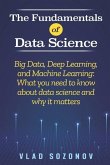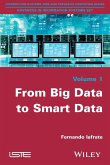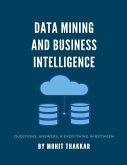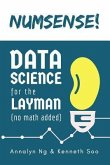Less than a decade after its emergence, it is becoming increasingly clear that the Big Data phenomenon raises questions of profound and complex political economy whose resolution could transform power dynamics globally. The data-ification of the world is on. They are expressed on social networks, the Internet, via mobile phone or the activation of chips or magnetic tapes, rare are now actions, interactions or human thoughts that do not have a digital translation almost instantaneous. These granular data repositories, connected, structured or not, have logically been described as "the new oil" by some, or the "new uranium" by others. By whom, for what purpose and how the main material of dematerialized economy of the 21st century should be controlled and exploited? With implications for relations and power dynamics at the global level and the future of democracy? Less than a decade after its emergence, it is becoming increasingly clear that the Big Data phenomenon raises questions of profound and complex political economy whose resolution could transform power dynamics globally. The data-ification of the world is on. They are expressed on social networks, the Internet, via mobile phone or the activation of chips or magnetic tapes, rare are now actions, interactions or human thoughts that do not have a digital translation almost instantaneous. These granular data repositories, connected, structured or not, have logically been described as "the new oil" by some, or the "new uranium" by others. By whom, for what purpose and how the main material of dematerialized economy of the 21st century should be controlled and exploited? With implications for relations and power dynamics at the global level and the future of democracy?
Hinweis: Dieser Artikel kann nur an eine deutsche Lieferadresse ausgeliefert werden.
Hinweis: Dieser Artikel kann nur an eine deutsche Lieferadresse ausgeliefert werden.








